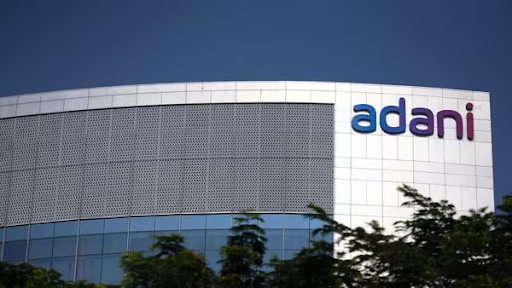In a notable development in the Indian real estate space, talks between Adani Realty—the property arm of billionaire Gautam Adani—and Dubai-based Emaar Group have been put on hold. The proposed acquisition of Emaar India Ltd. has reportedly fallen through due to an impasse over valuation, according to sources familiar with the negotiations.
Also Read: Gautam Adani House: Address | Price | Net Worth | Trending News
The deal, which was being discussed at an estimated enterprise value of $1.4 billion, could have marked a major strategic expansion for Adani Realty. In March 2025, Bloomberg reported that the two groups were engaged in advanced-level discussions. Just weeks earlier, Emaar had publicly acknowledged that it was in talks with potential buyers for its India unit, and Adani was believed to be among the most serious contenders.
However, insiders now reveal that the deal has stalled primarily due to inability to agree on financial terms. While the finer details remain confidential, both parties reportedly stood firm on their respective valuations—ultimately leading to a breakdown in negotiations. Neither Adani nor Emaar have issued any official comments at the time of writing.
Despite the setback, industry watchers say this may not be the end of the road. The talks, though paused, could be revived in the future if both sides show flexibility on valuation.
Had the deal gone through, it would have substantially enhanced Adani Realty’s market presence. The company currently manages 24 million square feet of completed projects, with an additional 61 million square feet under development—numbers that underscore its ambition to become a dominant player in India’s booming real estate sector.
For Emaar, exiting its India arm would have allowed it to reallocate resources and possibly focus more on its home turf in the UAE and other international markets.
This development adds another layer of complexity to India’s evolving real estate narrative, where valuation expectations and strategic ambitions often clash.
In a notable development in the Indian real estate space, talks between Adani Realty—the property arm of billionaire Gautam Adani—and Dubai-based Emaar Group have been put on hold. The proposed acquisition of Emaar India Ltd. has reportedly fallen through due to an impasse over valuation, according to sources familiar with the negotiations.
Also Read: Gautam Adani House: Address | Price | Net Worth | Trending News
The deal, which was being discussed at an estimated enterprise value of $1.4 billion, could have marked a major strategic expansion for Adani Realty. In March 2025, Bloomberg reported that the two groups were engaged in advanced-level discussions. Just weeks earlier, Emaar had publicly acknowledged that it was in talks with potential buyers for its India unit, and Adani was believed to be among the most serious contenders.
However, insiders now reveal that the deal has stalled primarily due to inability to agree on financial terms. While the finer details remain confidential, both parties reportedly stood firm on their respective valuations—ultimately leading to a breakdown in negotiations. Neither Adani nor Emaar have issued any official comments at the time of writing.
Despite the setback, industry watchers say this may not be the end of the road. The talks, though paused, could be revived in the future if both sides show flexibility on valuation.
Had the deal gone through, it would have substantially enhanced Adani Realty’s market presence. The company currently manages 24 million square feet of completed projects, with an additional 61 million square feet under development—numbers that underscore its ambition to become a dominant player in India’s booming real estate sector.
For Emaar, exiting its India arm would have allowed it to reallocate resources and possibly focus more on its home turf in the UAE and other international markets.
This development adds another layer of complexity to India’s evolving real estate narrative, where valuation expectations and strategic ambitions often clash.






